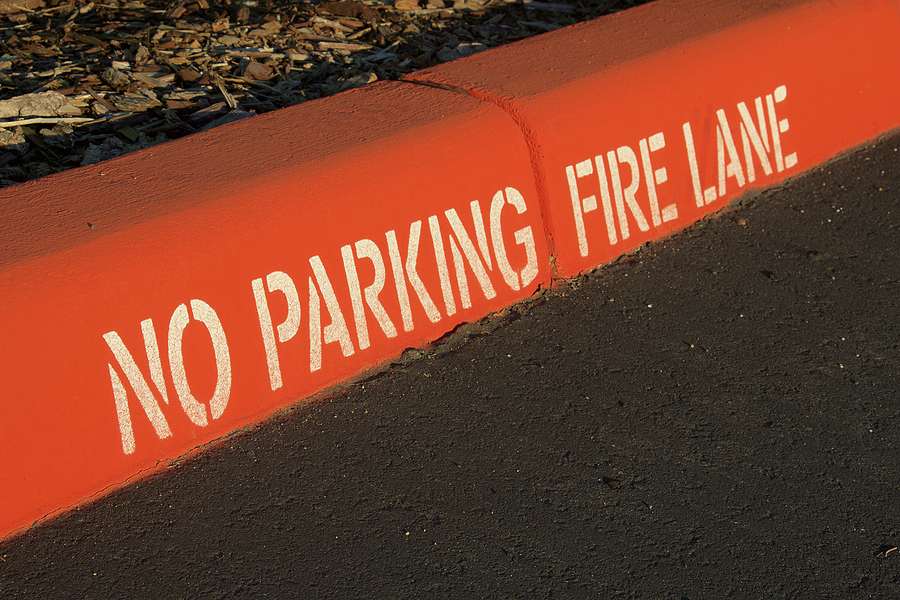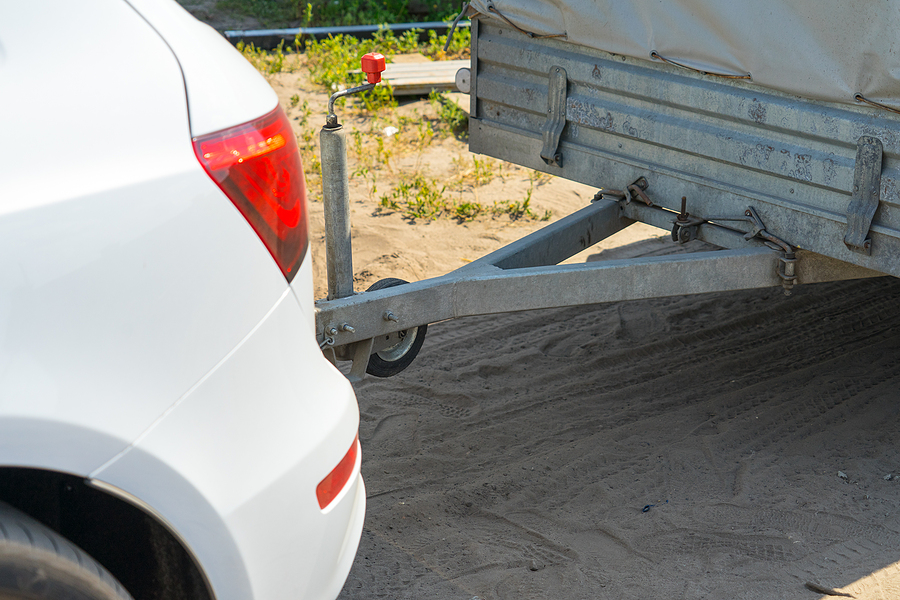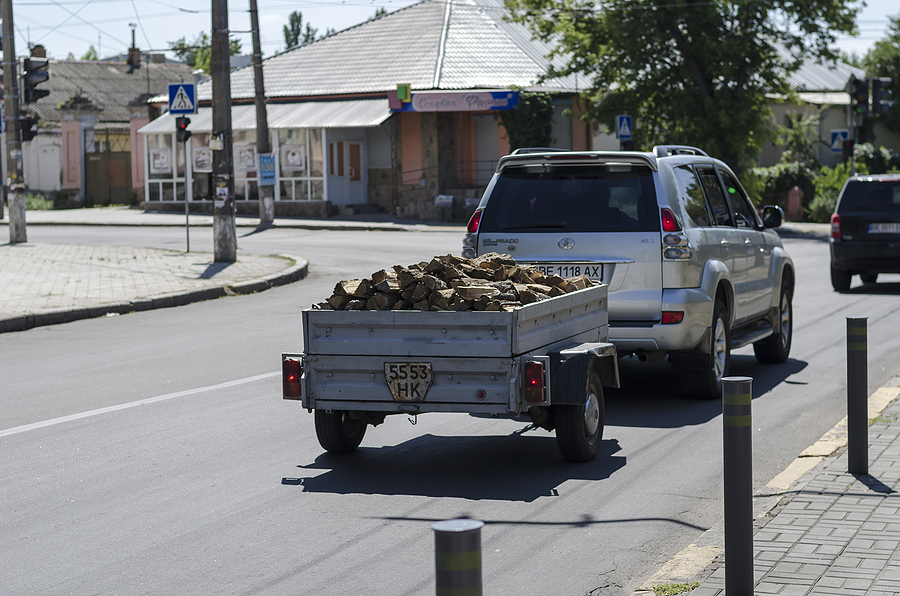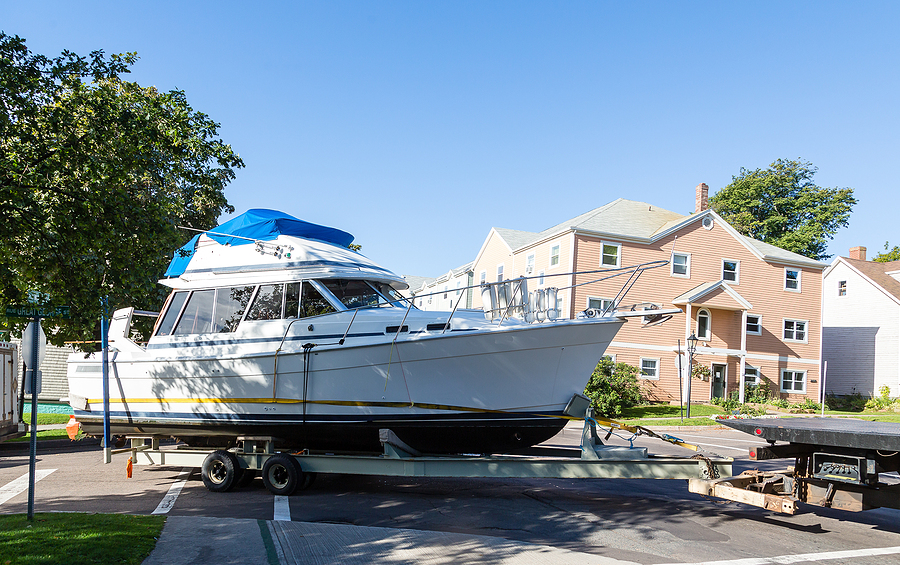Unauthorized vehicles cluttering your business lot can quickly become a major headache. Whether it’s tenants parking in handicapped spots without permits, abandoned cars creating safety hazards, or delivery trucks blocking fire lanes, these parking violations disrupt operations and create liability concerns for property managers.
According to the Institute of Real Estate Management (IREM), 60% of property managers report that unauthorized parking is a frequent issue on their properties. This widespread problem affects everything from tenant satisfaction to emergency access, making effective property management towing policies essential for maintaining safe, functional business environments.
Understanding how to properly handle unauthorized vehicle removal protects your property, ensures compliance with local regulations, and maintains positive tenant relationships. This comprehensive guide will walk you through the essential steps to develop an effective property management towing strategy that addresses parking violations while minimizing disputes and legal complications.
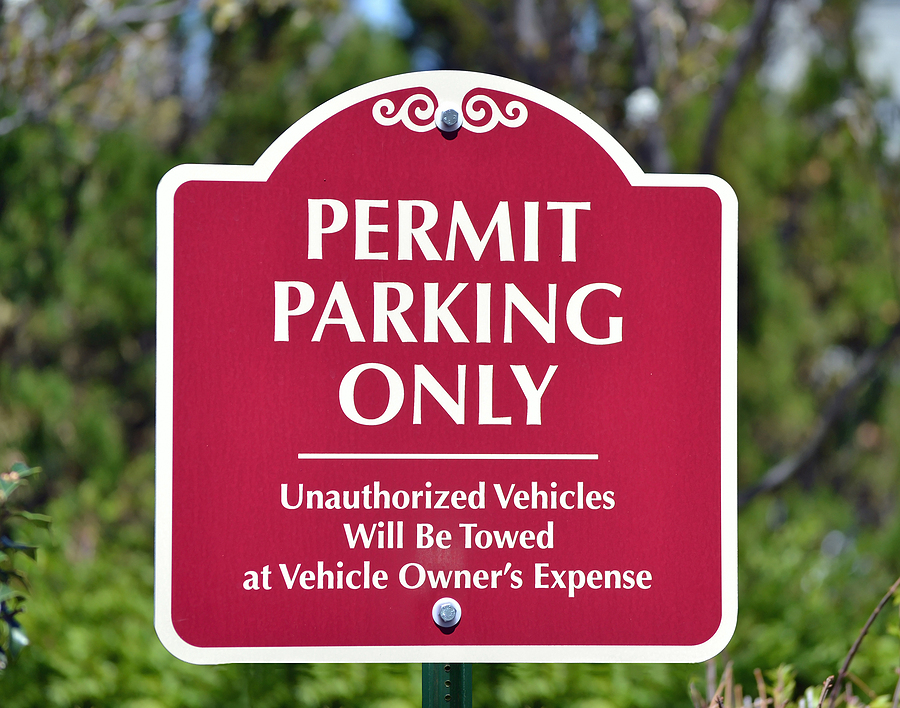
Understanding Local Towing Laws
Before implementing any property management towing policies, you must thoroughly understand your local and state regulations governing unauthorized vehicle removal. These laws vary significantly by jurisdiction and often include specific requirements for signage, notification periods, and towing procedures.
Visible Signage
Most jurisdictions require property owners to post clear, visible signage before towing unauthorized vehicles. The signage must typically include specific information such as warning language, towing company contact details, and associated costs. Some areas mandate a waiting period before vehicles can be removed, while others allow immediate towing for certain violations.
Towing Compliance
Research your local parking ordinances and consult with municipal authorities or legal counsel to ensure compliance. Understanding these regulations protects you from potential lawsuits and ensures your towing policies will hold up under scrutiny. Many property managers make the mistake of assuming standard practices apply everywhere, only to face legal challenges when their procedures don’t meet local requirements.
Setting Clear Towing Policies
Effective towing policies serve as the foundation for managing unauthorized vehicles on your property. These policies should clearly outline what constitutes a parking violation, the consequences for violations, and the procedures for vehicle removal.
Your policy should address common scenarios such as:
- Vehicles parked in handicapped spaces without proper authorization
- Cars occupying reserved tenant spots
- Abandoned vehicles left on the property for extended periods
- Vehicles blocking entrances, exits, or fire lanes
- Overnight parking in areas designated for daytime use only
A comprehensive towing policy might state: “Vehicles parked in violation of posted regulations will be towed immediately at the owner’s expense. Towing and storage fees are the sole responsibility of the vehicle owner.” This language establishes clear consequences while protecting your interests.
Consider implementing a graduated response system for certain violations. For example, first-time offenders in non-emergency situations might receive warnings, while repeat violations or safety hazards result in immediate towing. This approach demonstrates fairness while maintaining firm enforcement standards.
View Our Property Management Towing Solutions! ✅
The Critical Role of Proper Signage
Clear, visible signage is your first line of defense against parking violations and provides legal protection when towing becomes necessary. Effective signage serves multiple purposes: it deters unauthorized parking, informs visitors of parking rules, and documents your enforcement policies.
Your signs should include essential information such as:
- Clear warning language: “Unauthorized Vehicles Will Be Towed”
- Specific violations that result in towing
- Contact information for the professional towing service
- Hours of enforcement
- Associated costs and fees
Place signs strategically at all property entrances and throughout parking areas. Signs should be large enough to read easily, positioned at appropriate heights, and maintained in good condition. Faded, damaged, or obscured signage can undermine your enforcement efforts and create legal vulnerabilities.
For maximum effectiveness, consider multilingual signage if your area serves diverse populations. Additionally, ensure signs comply with local requirements for size, placement, and content specifications.
Working with a Professional Towing Service
Selecting the right towing partner is crucial for effective unauthorized vehicle removal. A reliable, professional towing service provides 24/7 availability, proper licensing and insurance, and experience handling property management situations diplomatically.
When evaluating towing companies, consider factors such as response time, storage facility security, customer service approach, and fee structure. The ideal partner understands the unique needs of property managers and can handle situations professionally without escalating tensions with vehicle owners.
Zore’s Towing in Central Indiana exemplifies the type of professional service property managers need. Our experienced property management towing team understands local regulations, maintains proper licensing and insurance coverage, and provides prompt response to unauthorized parking situations. Working with established, reputable companies like ours protects your interests and ensures professional handling of potentially contentious situations.
Establish clear protocols with your chosen towing company, including specific authorization procedures, documentation requirements, and communication standards. This partnership approach ensures smooth operations and consistent enforcement of your parking policies.
Effective Communication Strategies
Successful property management towing depends heavily on clear communication with tenants, visitors, and service providers. Proactive communication prevents many violations while building understanding and cooperation among property users.
Lease Agreement and Ongoing Reminders
Inform tenants about parking policies during lease signings and provide written documentation they can reference. Regular reminders through newsletters, emails, or posted notices help maintain awareness of parking rules and consequences. When violations occur, document incidents thoroughly and communicate enforcement actions clearly.
Accommodating Temporary and Visitor Parking
Consider implementing systems for temporary parking permits or visitor parking areas. This flexibility demonstrates good faith efforts to accommodate legitimate parking needs while maintaining order. Clearly communicate these options to tenants and their guests to prevent unnecessary violations.
Designating Spaces for Deliveries and Services
For delivery trucks and service vehicles, establish designated loading zones or temporary parking procedures. Communicate these arrangements to regular service providers and include contact information for coordinating parking needs during busy periods.
Common Property Management Towing Scenarios
Real-world property management towing situations require careful handling to maintain tenant relationships while enforcing necessary policies. Understanding how to address common scenarios prepares you for effective decision-making when violations occur.
Handicap Parking Violations
When tenants consistently park in handicapped spots without authorization, immediate action is necessary due to ADA compliance requirements and potential fines. Document violations thoroughly, issue clear warnings, and implement towing for repeat offenses. This protects you from discrimination complaints while ensuring accessibility for those who need it.
Abandoned Cars & Trucks
Abandoned vehicles present unique challenges as they may require different legal procedures than standard parking violations. Many jurisdictions require specific notice periods and documentation before abandoned vehicle removal. Work with local authorities and your towing partner to ensure proper handling of these situations.
Vehicle Obstructions
Vehicles blocking fire lanes or emergency access require immediate removal due to safety concerns. These situations typically allow for expedited towing procedures, but proper documentation remains important for defending your actions if challenged.
Your Next Steps as a Property Owner
Effective property management towing requires careful planning, clear policies, and reliable partnerships. By understanding local regulations, implementing comprehensive policies, maintaining proper signage, and working with professional towing services, you can address unauthorized vehicles confidently while minimizing disputes and legal risks.
Remember that consistent enforcement builds respect for your policies while selective enforcement can create liability issues. Treat all violations equally and document your actions thoroughly to protect your interests.
Ready to implement professional property management towing solutions for your business? Contact us for a free consultation on developing effective unauthorized vehicle removal strategies tailored to your property’s specific needs. Our experienced team can help you navigate local regulations, develop comprehensive policies, and establish partnerships with reliable towing services to keep your property running smoothly.
Related Post: Superior Parking Lot Property Management Services in Indiana

